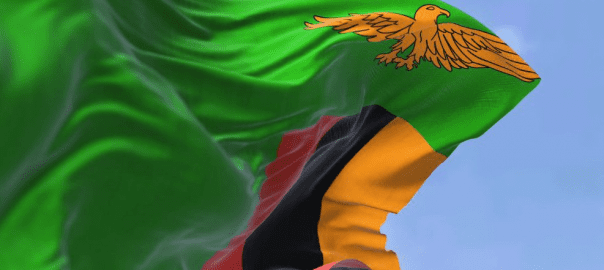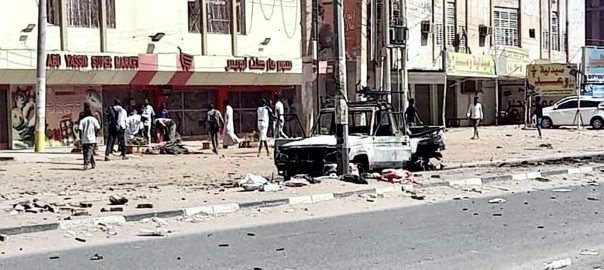London, May 4, 2023 /World/ — War is a complex phenomenon with many causes and consequences. It is often about killing, but it is also about much more than that. War can be about power, control, resources, ideology, or even just a misunderstanding. It can be fought between nations, groups, or even individuals. And it can have a devastating impact on all involved, both during and after the conflict.
There are many different theories about why war happens. Some people believe that it is an inevitable part of human nature, while others believe that it is caused by specific factors, such as poverty, inequality, or environmental degradation. There is no single answer that can explain all wars, but it is clear that they are often caused by a combination of factors.
The consequences of war can be just as devastating as its causes. War can lead to death, destruction, displacement, and economic hardship. It can also contribute to the spread of disease, famine, and violence. In the long term, war can undermine democracy, stability, and economic development.
Despite the risks and costs of war, it is important to remember that it is not inevitable. There are many things that can be done to prevent war, such as promoting diplomacy, resolving disputes peacefully, and addressing the root causes of conflict. We must all work together to create a world where war is no longer an option.




